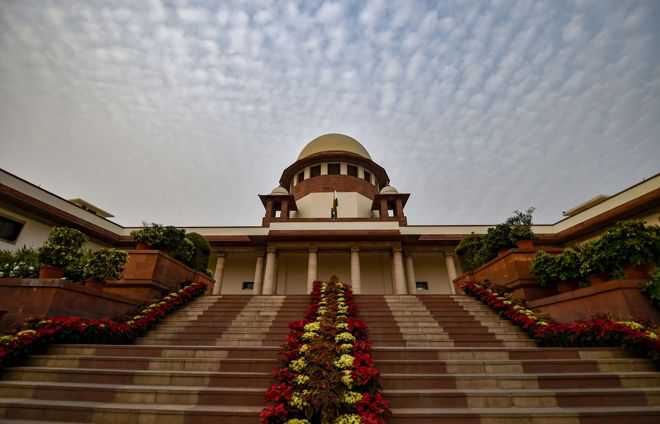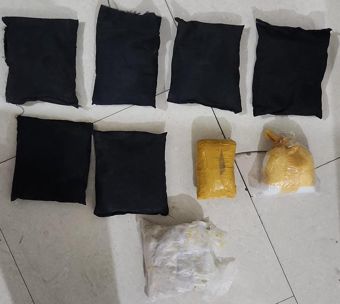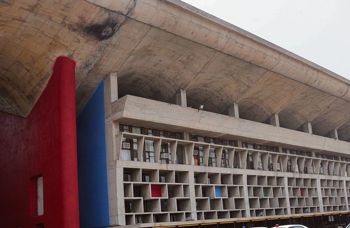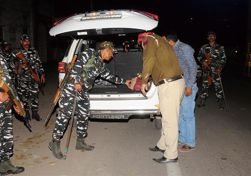
The bitter tussle between the government and the judiciary over the appointment and transfer of judges is an open secret. The rift within the higher judiciary is also not hush-hush, with the floodgates having opened courtesy the historic press conference by four senior judges of the Supreme Court against the then Chief Justice of India (CJI) in January last year. The apex court asserted on Monday that interference in the system of administration of justice did not augur well for the institution, with reference to the case of Justice Akil Kureshi. In May, the SC collegium had sent his name for appointment as Chief Justice of the Madhya Pradesh High Court, but the Centre returned the file for ‘reconsideration’. Later, the CJI-headed advisory body made the recommendation that Justice Kureshi be appointed Chief Justice of the Tripura High Court. The flip-flop has again cast a shadow on the collegium, which continues to function in mysterious ways behind an iron curtain. Questions are also being raised about its decision to shift, rather than impeach, Chief Justice of Madras High Court Vijaya K Tahilramani to the Meghalaya HC, reportedly due to her ‘short’ working hours and other issues. The judge resigned earlier this month after her plea for a review of the transfer order went in vain.
These controversies have underlined the dire need for putting in place a transparent system to shortlist, appoint and transfer judges. India can take a leaf out of America’s book, wherein the President nominates a person for a vacancy in the US Supreme Court and the Senate votes to confirm the nominee. This open exercise, requiring a simple majority, grants both the executive and legislative branches of the government a say in the composition of the top court.
The chequered record of India’s collegium system, upheld by the SC in 2015 while striking down the National Judicial Appointments Commission as unconstitutional, makes it imperative to initiate self-corrective reforms. Justice is the first casualty when judicial appointments and transfers are not above board. The veil of secrecy must be lifted to ensure that the judiciary performs effectively as an essential pillar of democracy.



























